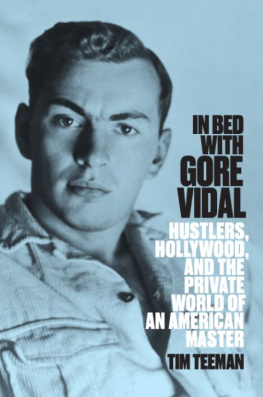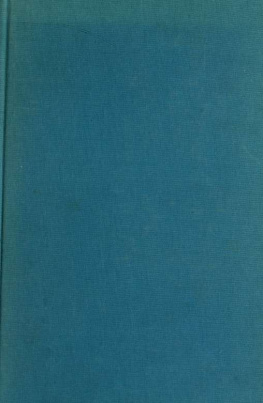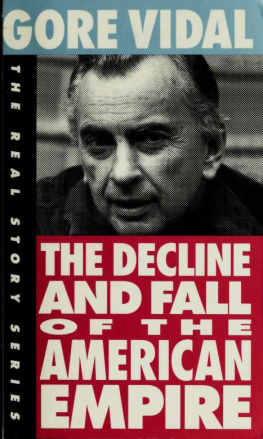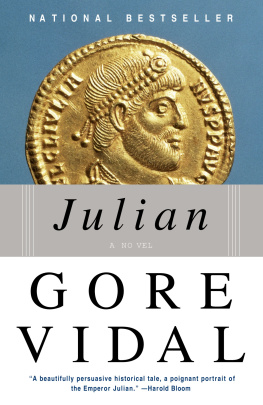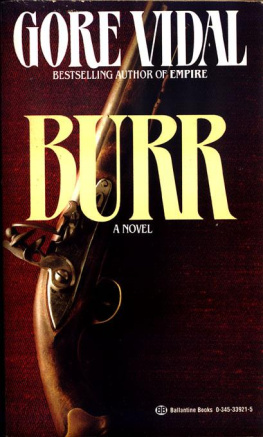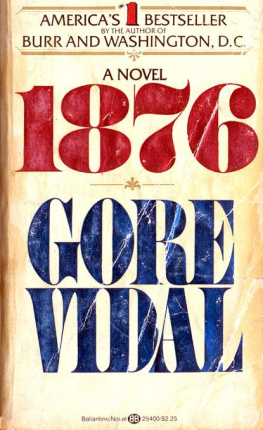

This collection 2012 Jon Wiener
Published by OR Books, New York and London
OR Books is a new type of publishing company that embraces progressive change in politics, culture and the business of publishing. We sell our books worldwide, direct to readers. To avoid the waste of unsold copies, we produce our books only when they are wanted, either through print-on-demand or as platform-agnostic e-books. Our approach jettisons the inefficiencies of conventional publishing to better serve readers, writers and the environment. If you would like to find out more about OR Books please visit our website at www.orbooks.com.
First printing 2012
All rights reserved. No part of this book may be reproduced or transmitted in any form or by any means, electronic or mechanical, including photocopy, recording, or any information storage retrieval system, without permission in writing from the publisher, except brief passages for review purposes.
Cataloging-in-Publication data is available from the Library of Congress.
A catalog record for this book is available from the British Library.
ISBN 978-1-935928-05-8 paperback
ISBN 978-1-935928-08-9 e-book
This book is set in the typeface New Caledonia.
Typeset by Lapiz Digital, Chennai, India.
Printed by BookMobile in the United States and CPI Books Ltd in the United
Kingdom. The U.S. printed edition of this book comes on Forest Stewardship
Council-certified, 30% recycled paper. The printer, BookMobile, is 100% wind-powered.
The four most beautiful words in our common language:
I told you so.
Gore Vidal

Gore Vidal in conversation with Jon Wiener at the Los Angeles Times Festival of Books, April 28, 2007.
INTRODUCTION
Gore Vidal as a Talker
Gore Vidal was a great talker as well as a great writer. Dick Cavett called him the best talker since Oscar Wilde. He talked a lot; if you Google Gore Vidal interview, you get 40,000 results. But what remains of those is mostly one-liners, quips and zingers, about Truman Capote, William F. Buckley and George Bush. This book offers Vidal in a more sustained mode of conversation: developing arguments, tracing connections between past and present, citing evidence. Of course he provides plenty of one-liners and zingers along the way.
The four interviews here represent Gore talking about politics with me for different audiences: first, 2,000 enthusiastic fans at a book festival in Los Angeles; then sixty academics and writers at the Los Angeles Institute for the Humanities; then listeners at a left wing radio station in L.A.; and finally readers of the Radical History Review . These interviews cover a twenty-year span when he was at his best: we did the first in 1988 and the last in 2007. They are presented in reverse chronological order, with the most recent first.
The 1988 Radical History Review ( RHR ) interview was where I first met Gore. Its the most obscurealthough after publication in the RHR it was excerpted in Harpers Readings and in a collection of Vidal interviews. He may have been willing to do this one because he had a long-standing critique of the mainstream of the history profession and I think welcomed the chance to speak to younger radical historians who were sympathetic to his left-wing vision of the American past. And although the RHR had a tiny readership, it had been running a series of interviews that were significant and prestigious; Pantheon had already published a collection that included the RHR interviews with E. P. Thompson, Eric Hobsbawm, William Appleman Williams, and others with whom Vidal was no doubt familiar.
In all our interviews I think he appreciated the opportunity talk seriously about things he really did care about: the history of the American Empire, the rise of the National Security State, and of course his own life in politics, as a commentator and as a candidate.
Since I asked the questions, I got to bring up things I was interested in. Often we started with things that were going on at the time we spoke, and then moved back to American politics and history earlier in the 20th century. Thus in 1988 I asked him about his novel Empire , which had just been published; in the fall of 2000, Al Gore and George W. Bush were running for president, and so was Ralph Nader, and Vidals play The Best Man was being revived on Broadway, so we talked about those; and so on.
All four interviews have been condensed and edited. I have tried to eliminate repetition in Vidals answers, but not always in the questions, because one of the interesting things here is to see how Gore answered the same question differently for different audiences. For example, the question What gets you up in the morning? What keeps you going?: at the Book Festival in Los Angeles, with an audience of 2,000 fans, he answered Rage. At the Humanities Institute in Los Angeles, with an audience of sixty intellectuals and writers, he answered Stupidity. When asked who was the worst president, at the Book Festival he said Bush; at the Humanities Institute he said Wilsonand explained why.
And sometimes Vidal would direct his answer away from my question, and return to a topic that was important to him. Thus he always talked about his grandfather, the blind senator from Oklahoma; about the rough treatment he had received from the New York Times book reviewers; his views of how FDR got us into WWII; and of course the American Empire and the National Security Stateso these repetitions remain as evidence of his passions and interests.
One thing is missing in these transcriptions: Vidals speaking voice. It was marvelous, and unmistakable. He did uncanny imitations of JFK, Nixon, Eleanor Roosevelt, FDR, and of course he did a devastating Truman Capote. None of that is here, alas.
Headnotes to each interview sketch out the particular settings and circumstances.
Jon Wiener, Los Angeles, September 2012
| Los Angeles Times Festival of Books
Royce Hall, UCLA
April 28, 2007 |
The Los Angeles Times Festival of Books is a huge and wonderful annual event. More than 100,000 came to the UCLA campus in 2007, and one of the biggest attractions was Gore Vidal. He appeared onstage in the biggest theater on campus, historic Royce Hall, with 2,000 seats. The event had been sold out almost as soon as tickets became available, and the standby line went around the building.
Six months earlier his memoir Point to Point Navigation had been published to unanimously strong reviews. And of course for the previous six years Vidal had been a biting critic of George W. Bush and his wars in Iraq and Afghanistanand in another year the Democrats would have a chance to replace him.
Vidal arrived onstage, to prolonged applause from an enthusiastic audience, in a wheelchair pushed by a young man.
Vidal: Let me introduce the one pushing my wheelchair: my godson from France. They come in useful as they get older.
Q. Speaking of godchildren, you write in Point to Point Navigation that Tim Robbins and Susan Sarandon asked you to be the godfather of their new babyand what was your answer?
A. Well, a little soband then: always a godfather, never a god.
[laughter]
Q. We are at a university, so I thought I would start by asking: why didnt you go to college? You may be the only person here in Royce Hall who didnt go to college.


